To suit tourists who need a long enough stay, and to suit the activities of Vietnamese and international tourism businesses, National Assembly delegates proposed to consider increasing the temporary stay period to 60 days so that Vietnam's policy is similar to that of other countries in the region.
Delegate Nguyen Thanh Phuong ( Can Tho ) speaks. (Photo: THUY NGUYEN).
On the afternoon of June 2, continuing the program of the 5th Session, the National Assembly discussed in the hall the draft Law amending and supplementing a number of articles of the Law on Exit and Entry of Vietnamese Citizens and the Law on Entry, Exit, Transit and Residence of Foreigners in Vietnam.
Facilitate entry and exit
Speaking at the discussion session, delegate Nguyen Thanh Phuong (National Assembly Delegation of Can Tho City) stated that the draft Law has many new points to create favorable conditions for foreigners to travel and work in Vietnam.
According to the delegate, we are creating very favorable conditions for foreigners to come to Vietnam by regulating electronic visas to be valid for multiple entries instead of only valid for one entry as before, and at the same time increasing the duration of electronic visas from no more than 30 days to no more than 3 months.
This regulation is suitable to meet the long-term travel needs of foreign tourists, creating conditions for foreign investors to come to Vietnam to research, learn and promote investment.
The draft law also mentions increasing the temporary residence period from 15 days to 45 days. Acknowledging this, delegate Nguyen Thanh Phuong proposed increasing the temporary residence period to 60 days.
“This is the right time for tourists who want to stay long enough, and is also suitable for the activities of Vietnamese and international tourism businesses. Therefore, we should consider increasing the temporary stay period to 60 days so that Vietnam's policy is similar to countries like Thailand or Singapore, which are 45 and 90 days,” said a delegate from Can Tho City.
Meanwhile, according to delegate Le Nhat Thanh (National Assembly Delegation of Hanoi), the amendment and supplementation of the Law project will contribute to simplifying administrative procedures, promoting the implementation of administrative procedures in the electronic environment, creating favorable conditions for the issuance of entry and exit documents for Vietnamese citizens and international visitors to exit, enter and transit.
Delegate Le Nhat Thanh (National Assembly Delegation of Hanoi) speaks. (Photo: THUY NGUYEN).
Research shows that due to the short validity of e-visas, the Vietnamese tourism industry has not been able to attract foreigners who want to stay for a long time. Therefore, according to delegates, increasing the visa validity to 3 months and the validity from single to multiple entries will meet the needs of international tourists from distant markets.
Also related to this issue, delegate Nguyen Tam Hung (National Assembly Delegation of Ba Ria-Vung Tau province) expressed concerns about the temporary residence period of foreigners in Vietnam and the number of countries that Vietnam unilaterally exempts visas from is still not many compared to other countries in the region.
"For foreign citizens who are unilaterally exempted from visas by Vietnam, we grant temporary residence for 45 days. For other countries, how many days are granted?", the delegate asked, saying that through studying the visa policies of Vietnam and some countries in the region, it can be seen that compared to some countries, the temporary residence period in Vietnam is shorter.
Delegate Nguyen Tam Hung (National Assembly Delegation of Ba Ria-Vung Tau province) speaks. (Photo: THUY NGUYEN).
In addition, our neighboring countries also unilaterally apply visa exemption to more countries than Vietnam. Through studying visa policies in the tourism sector, among 11 Southeast Asian countries, only Vietnam and Myanmar require a visa before arrival for most markets with an entry of 30 days or less.
Meanwhile, Thailand, Singapore, Malaysia, and Indonesia have exempted visas for 30-90 days for international visitors from countries that are their main tourism markets. Currently, the time to unilaterally apply visa exemptions for international tourists in Vietnam is only 15-50% compared to other countries.
In addition, the number of countries exempted from visas by Vietnam is only 5-15% compared to ASEAN countries. Considering that the amendments to temporary residence and visa exemption have not increased much, delegate Nguyen Tam Hung suggested that it is necessary to increase the temporary residence period for foreigners as well as increase the number of countries exempted from visas.
Supplementing the authority of border guards to receive temporary residence information of foreigners
Delegate Hoang Huu Chien (An Giang) speaks. (Photo: THUY NGUYEN).
Basically agreeing with the contents of the draft Law, delegate Hoang Huu Chien (An Giang) contributed ideas to complete the draft Law. Accordingly, in Article 33, the delegate proposed to add the authority of the border guards in receiving temporary residence information of foreigners temporarily residing in border areas and border gates.
According to the delegate, the appraisal report of the Ministry of Justice stated that the border guards are also the competent unit in controlling the temporary residence of foreigners in border areas, so it is recommended to clarify to ensure compatibility with international treaties of which Vietnam is a member.
According to the report of the drafting agency, the police force, after receiving information about temporary residence, will notify the border guard force in the border area. According to the delegate, the explanation and regulations as drafted will give rise to inadequacies and legal conflicts in the organization of law enforcement in border areas and border gates, especially with border management agreements and regulations on border area and border gate management.
Currently, according to the provisions of the law, especially the border management agreement, the border guard force is assigned to preside over a number of tasks related to this content, so in some cases the police force cannot notify the border guard force, such as in the inspection, control, and management of residents of neighboring countries entering the border areas and border gates of our country.
National Assembly deputies attend the meeting on the afternoon of June 2. (Photo: THUY NGUYEN).
If your country's border residents stay for 3 or 7 days in our country's border area, the border guards have the right to issue permits and manage them. If they stay in the border belt area, the border guards will manage them. If they stay in the border gate area, they must register for temporary residence and be under the supervision of the border guards...
In the above cases, the delegate stated that the border guards have already inspected, monitored, and managed, and now continuing to declare would be unnecessary, increasing administrative procedures and causing inconvenience to foreign individuals and organizations. According to the delegate, in these cases, the border guards would notify the police force to coordinate management, which is appropriate.
Therefore, delegate Hoang Huu Chien suggested that the Drafting Committee and the reviewing agencies continue to review the provisions of international treaties and domestic laws to make appropriate regulations, ensuring consistency in the legal system, avoiding overlapping functions, tasks and powers among forces, especially creating the most favorable conditions for people and foreigners to enter, exit and operate in border areas and border gates.
Delegate Vuong Thi Huong (Ha Giang) speaks. (Photo: THUY NGUYEN).
Expressing agreement with the opinion of delegate Hoang Huu Chien on temporary residence declaration and the responsibility of other relevant agencies, organizations and individuals, delegate Vuong Thi Huong (Ha Giang) said that the provisions in the draft Law mean that only commune-level police have the authority to receive temporary residence declarations and receive cases showing signs of law violations and illegal residence of foreigners.
The delegate pointed out that this regulation is not consistent with international treaties and current legal documents, and has not promoted the role and responsibility of the border guard force in managing the residence of foreigners in border areas and islands according to signed international treaties with countries sharing common borders.
Currently, there are 433 border posts along Vietnam's border, which is a huge resource in the management and protection of border sovereignty, national security, and social order and safety in border and island areas.
According to the delegate, in fact, in recent times, the border guards have closely coordinated with the police force at the commune and district levels in border areas in the management of foreigners very effectively. The border guards are also responsible for managing the residence activities of foreigners in Vietnam.
Therefore, delegate Vuong Thi Huong proposed to supplement regulations on the responsibility of the border guard force in declaring temporary residence as prescribed in Clause 5, Article 2 of the draft Law and the responsibility in detecting signs of violations by foreigners as prescribed in Clause 8, Article 2 of the draft, in order to ensure compatibility with the agreement on border management regulations and border gates, in accordance with current legal documents, and to avoid the situation of having to amend many other laws after amending this law.
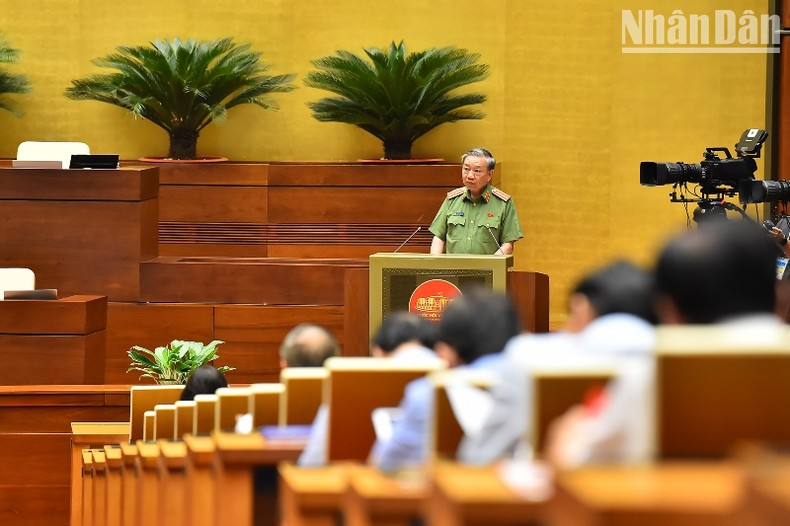 Minister of Public Security To Lam spoke to explain and clarify a number of issues raised by National Assembly deputies. (Photo: THUY NGUYEN). Minister of Public Security To Lam spoke to explain and clarify a number of issues raised by National Assembly deputies. (Photo: THUY NGUYEN).Speaking to explain and clarify a number of issues raised by National Assembly deputies, Minister of Public Security To Lam said that the purpose of amending this Law is to create more favorable conditions for foreigners to enter Vietnam and Vietnamese people to exit abroad, serving socio-economic development and ensuring national security and social order and safety. The draft law dossier is built according to the provisions of the Law on Promulgation of Legal Documents, on the basis of summarizing practices, absorbing comments from ministries, branches, and localities and has been unanimously approved by the Government. Through discussions in groups and at the National Assembly hall today, National Assembly deputies spoke focusing on many related issues, contributing to completing the draft Law dossier. Minister To Lam stated that the comments of National Assembly deputies will be compiled and reported to the Government and coordinated with relevant agencies of the National Assembly to receive, explain and complete the draft Law to submit to the National Assembly for approval on June 24, 2023. |
According to: nhandan.vn
Source link


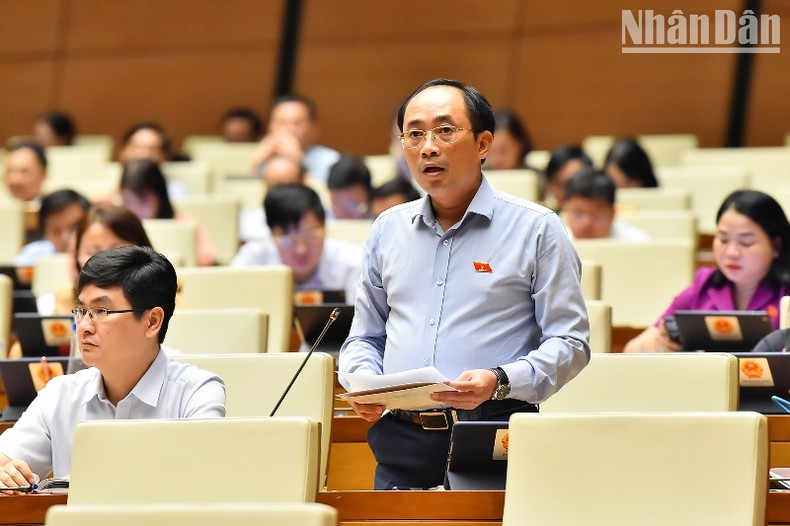
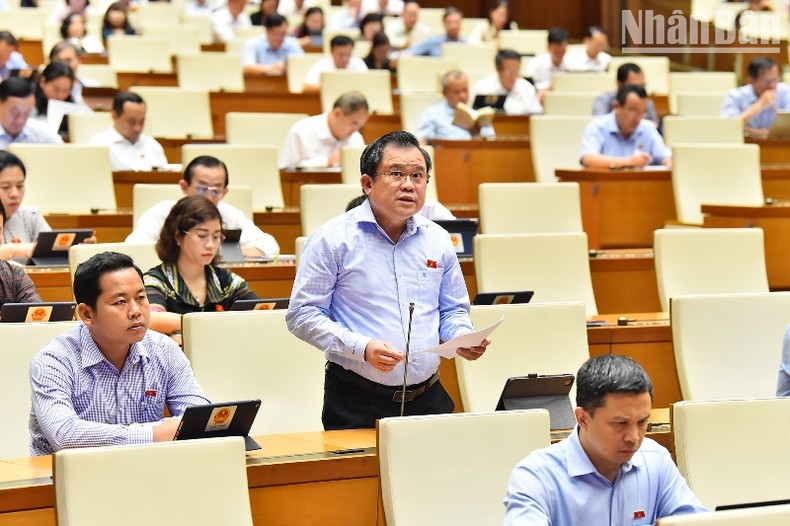
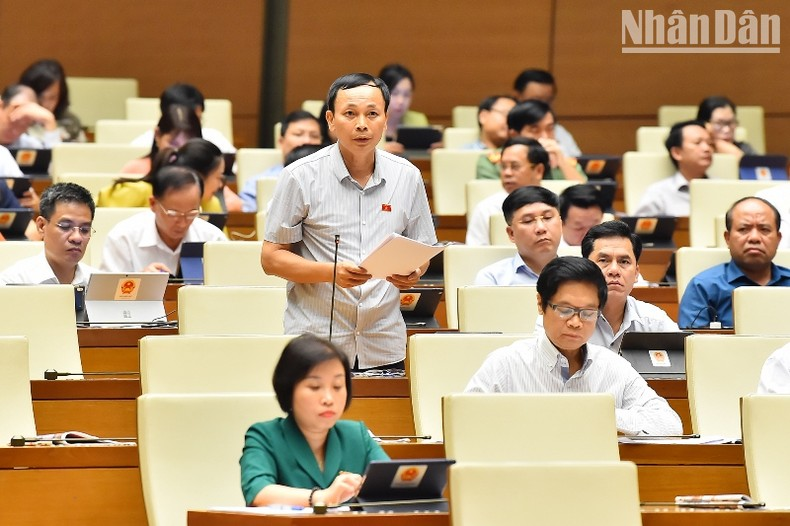
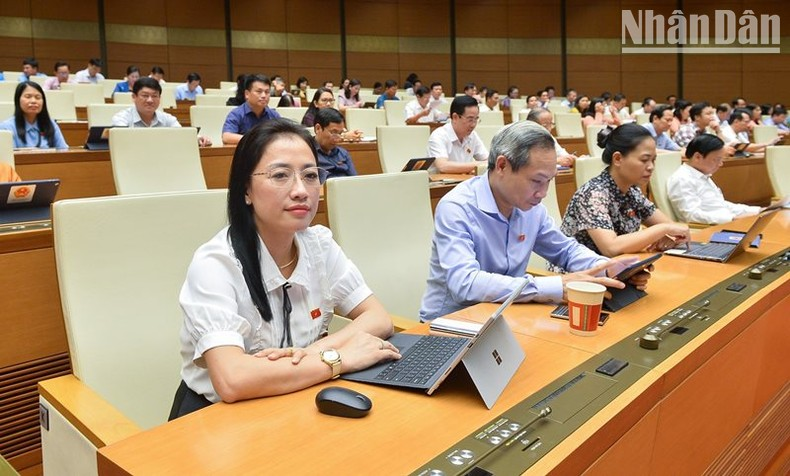
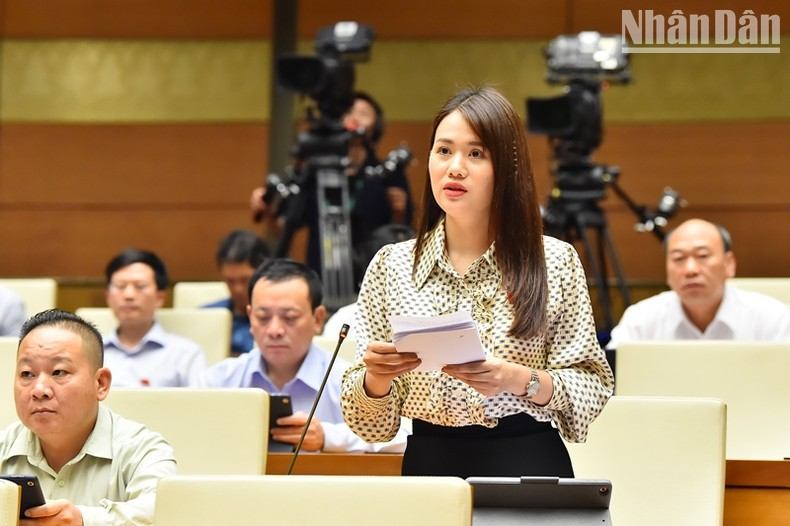
![[Photo] Parade to celebrate the 50th anniversary of Laos' National Day](/_next/image?url=https%3A%2F%2Fvphoto.vietnam.vn%2Fthumb%2F1200x675%2Fvietnam%2Fresource%2FIMAGE%2F2025%2F12%2F02%2F1764691918289_ndo_br_0-jpg.webp&w=3840&q=75)







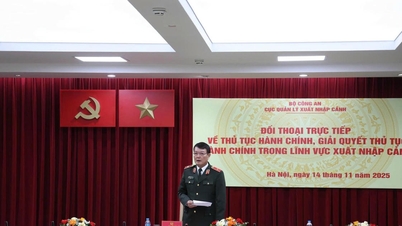

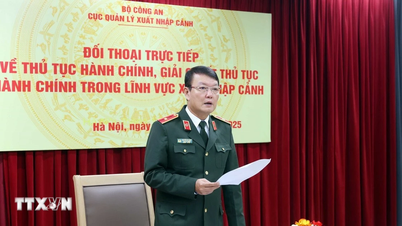

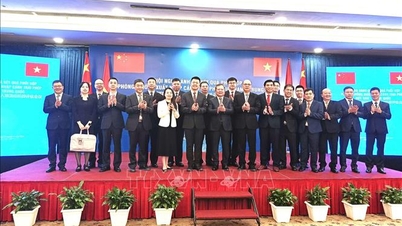

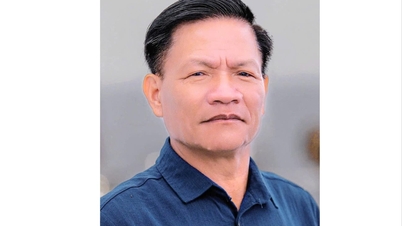


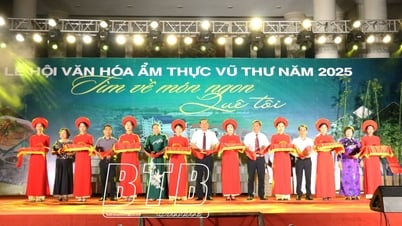


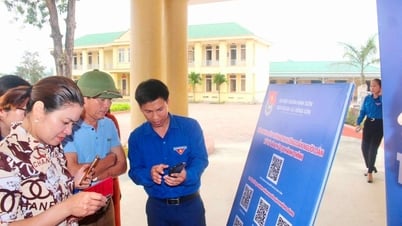
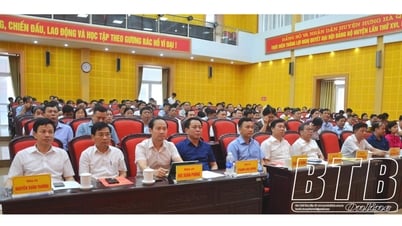
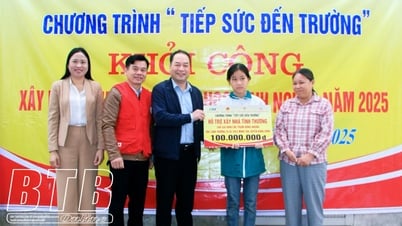





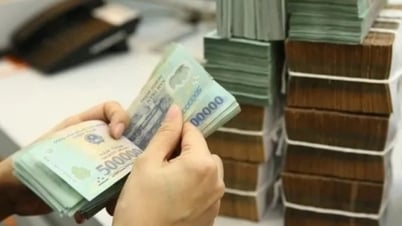
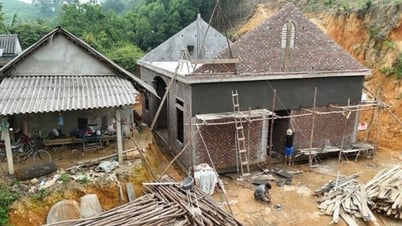
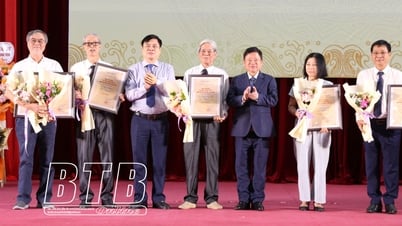
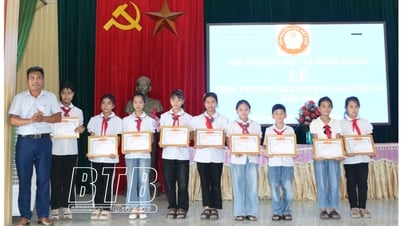
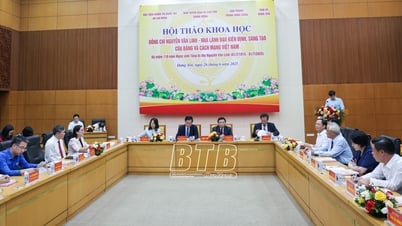
![[Photo] Worshiping the Tuyet Son statue - a nearly 400-year-old treasure at Keo Pagoda](/_next/image?url=https%3A%2F%2Fvphoto.vietnam.vn%2Fthumb%2F1200x675%2Fvietnam%2Fresource%2FIMAGE%2F2025%2F12%2F02%2F1764679323086_ndo_br_tempimageomw0hi-4884-jpg.webp&w=3840&q=75)












































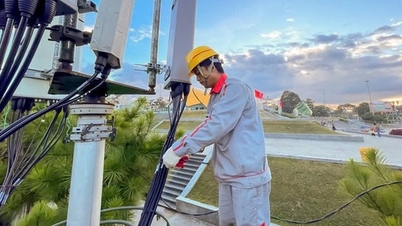

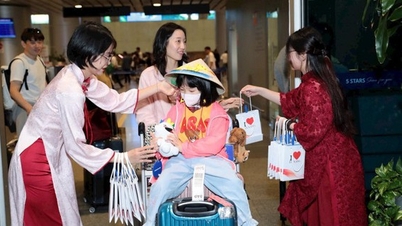
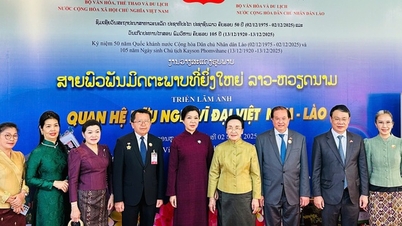
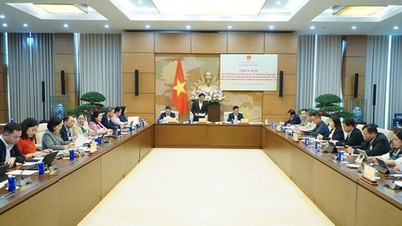
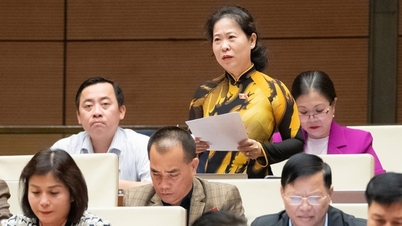
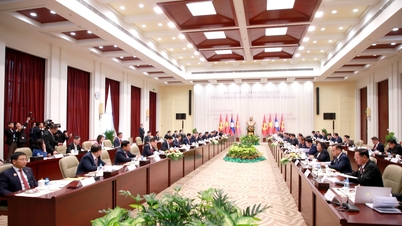




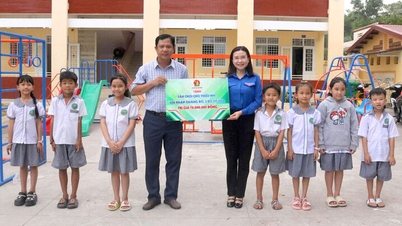




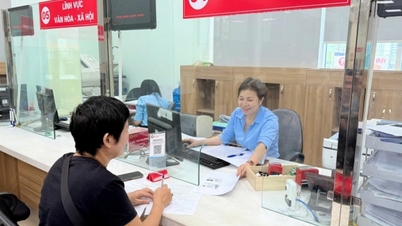













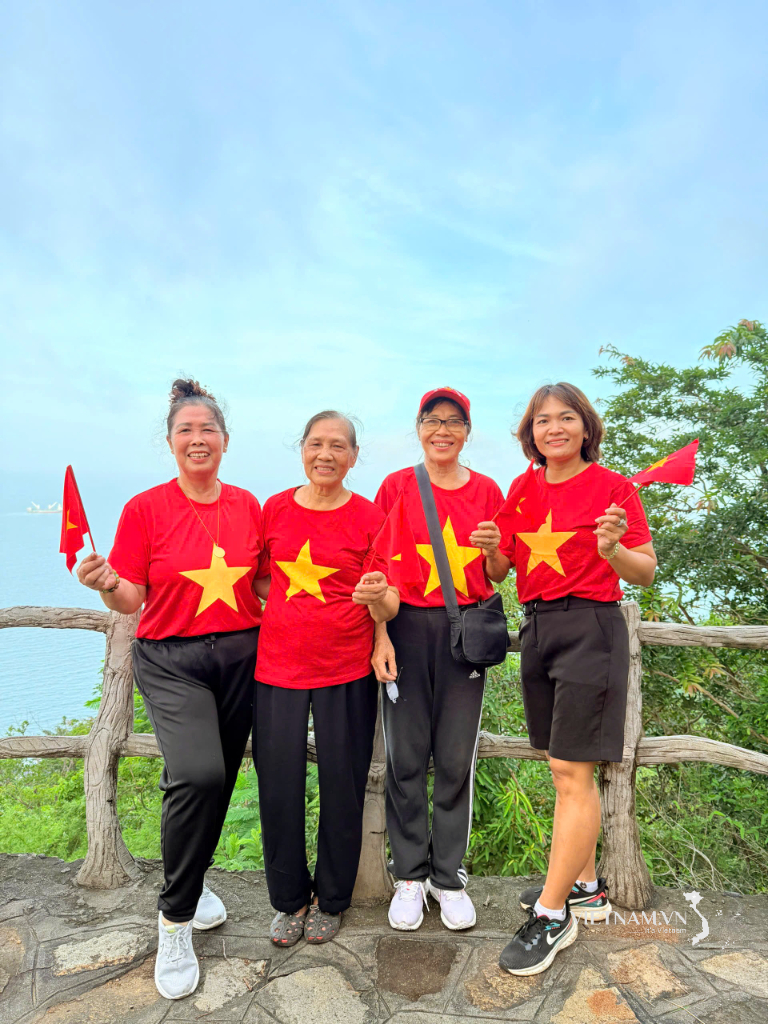
Comment (0)